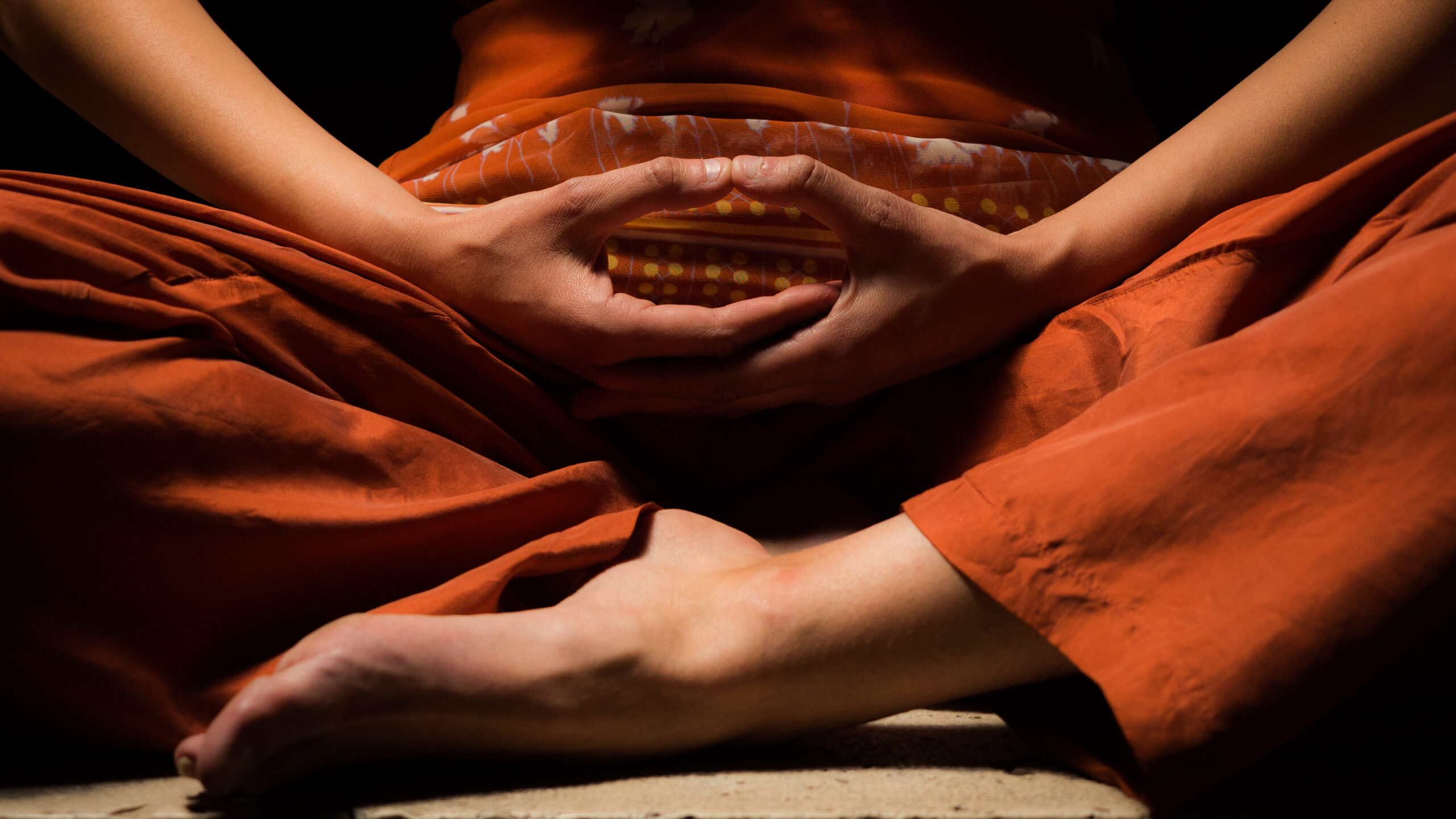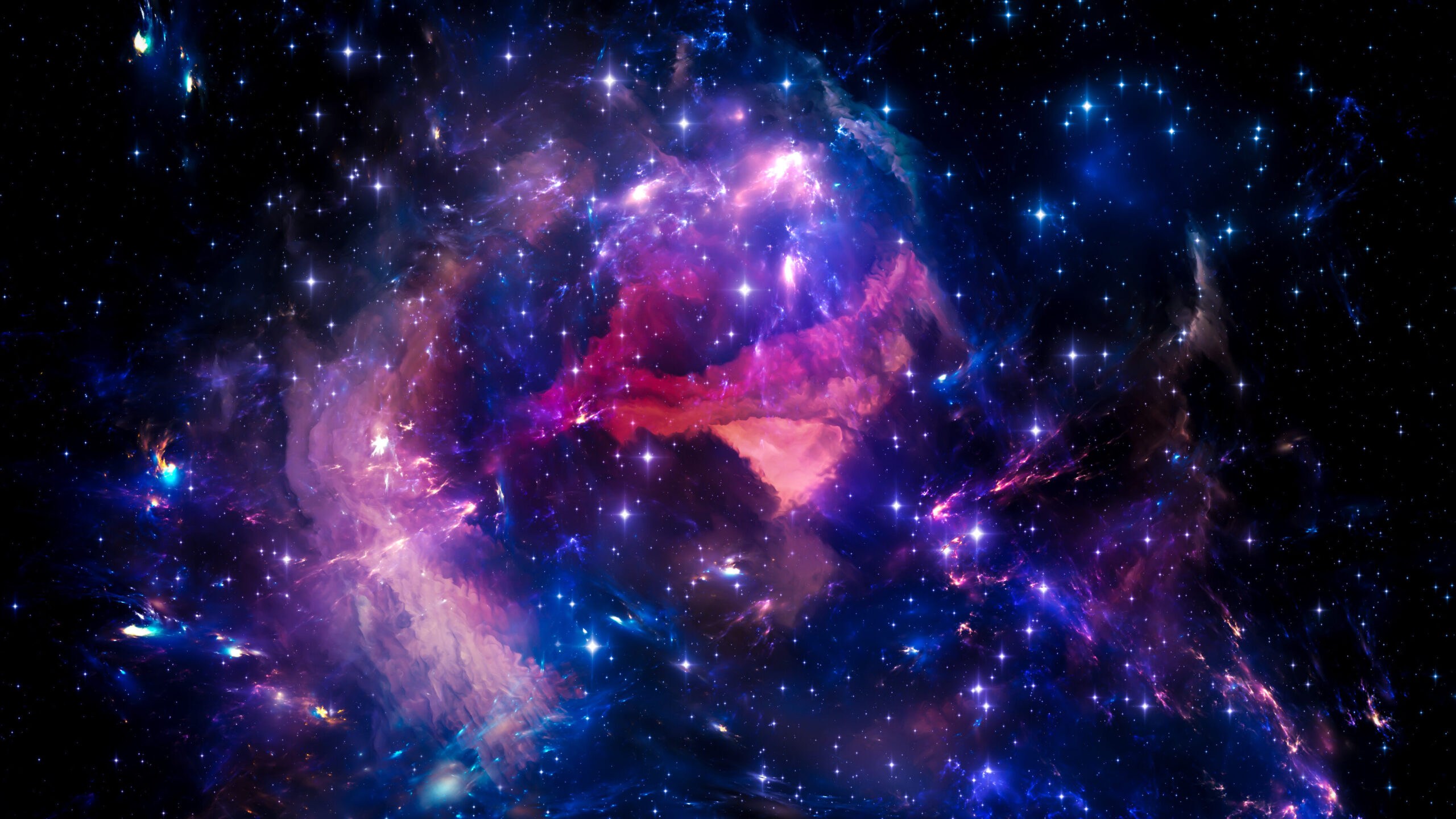
What is a caress?
It’s the place where mundane love meets divine love, where we reach from our material bodies to our spiritual.
If, as we believe, our souls are made of a tiny drop of the ocean of the soul of God, then the love we feel, mundane or magnificent, is an expression of the divine love in us.
We all carry this love. We all experience this love. And yet we struggle to identify ourselves with it. We struggle to understand and realise that, at the bottom, we are nothing else but this love.
Bhakti philosophy teaches that the material energy that shapes our daily lives (māyā-śakti) is there by purpose. The struggle against our material attachments is our journey of devotion. Māyā-śakti guides us. It gently loosens the guṇas, the ropes of our material attachments, all in the right time, the right way, with right intensity and feeling. Māyā-śakti is a school for lovers, taking us tenderly by the hand and guiding us back to ourselves, to our svarūpa, our soul identity, as servants of Rādhā, the servant of love for God (prema).
Continue reading


